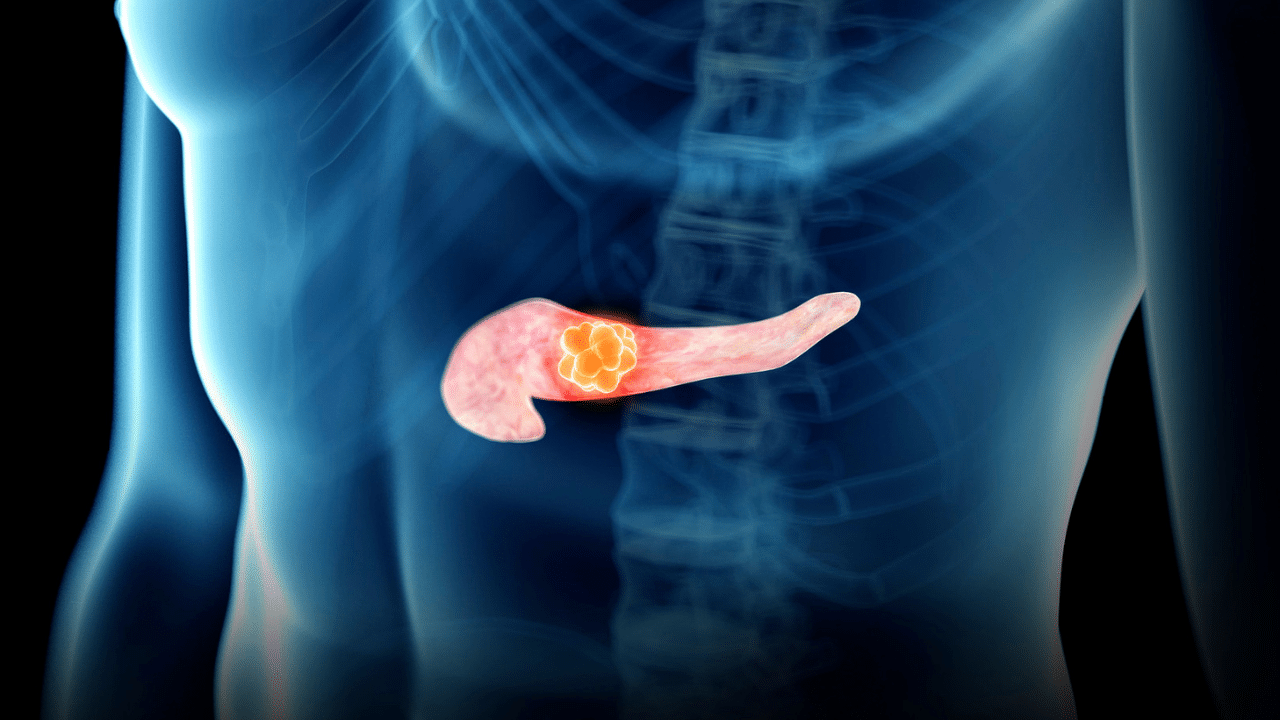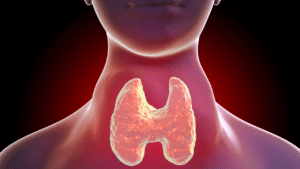The pancreas, a small but mighty organ nestled behind your stomach, plays a crucial role in digestion and blood sugar control. Unfortunately, pancreatic cancer often goes undetected until later stages, making it a leading cause of cancer-related death. November is Pancreatic Cancer Awareness Month, a time to shed light on this disease, raise awareness, and empower ourselves with knowledge.
Understanding Pancreatic Cancer:
Pancreatic cancer occurs when cells in the pancreas grow abnormally and form tumors. There are two main types:
- Exocrine pancreatic cancer: This is the most common type, affecting the exocrine glands that produce digestive enzymes.
- Neuroendocrine tumors: These are less common and can arise from hormone-producing cells within the pancreas.
The Silent Threat:
Unlike many cancers, pancreatic cancer often doesn’t cause symptoms in its early stages. When symptoms do appear, they can be vague and easily mistaken for other conditions. Some potential warning signs include:
- Unexplained abdominal pain or back pain that worsens over time
- Unexplained weight loss
- Loss of appetite
- Jaundice (yellowing of the skin and eyes)
- New-onset diabetes
- Greasy stools or difficulty digesting fatty foods
Early Detection is Key:
Due to the lack of specific symptoms, early detection of pancreatic cancer can be challenging. However, if you experience any of the above symptoms or have risk factors like smoking, family history, or chronic pancreatitis, talk to your doctor. While there isn’t a standard screening test, imaging scans and blood tests might be helpful in diagnosis.
Hope on the Horizon:
Despite the challenges, advancements in research offer hope. New treatment options like targeted therapies and immunotherapy are showing promise.
Taking Action for Pancreatic Awareness:
This Pancreatic Cancer Awareness Month, let’s commit to these actions:
- Know the Risk Factors: Familiarize yourself with the risk factors and talk to your doctor if you have concerns.
- Spread Awareness: Share information about pancreatic cancer with your family and friends.
- Support Research: Consider donating to organizations dedicated to pancreatic cancer research.
- Advocate for Change: Support policies that promote pancreatic cancer research and early detection initiatives.
Resources for Support:
Here are some valuable resources for further information and support:
- Pancreatic Cancer Action Network (PanCAN): https://pancan.org/
- National Cancer Institute: https://www.cancer.gov/types/pancreatic/hp
- American Cancer Society: https://www.cancer.org/cancer/types/pancreatic-cancer.html
Together, We Can Make a Difference:
By raising awareness, understanding the risk factors, and supporting research, we can shine a light on pancreatic cancer and empower ourselves to fight back. Let’s work towards a future where early detection is commonplace, treatment options are more effective, and pancreatic cancer becomes a disease of the past.

Dr. Kre Johnson is a Board Certified Family Medicine Physician and the sole owner of Brownstone Healthcare and Aesthetics. She is the Medical Director of the City of Birmingham’s Employee Health Clinic-Brownstone BWell Birmingham. She is the Event Producer of Wifeology and the founder of Three Twenty Girls, Inc. She loves God, traveling, and all things Southern!!
Brownstone BWell: Brownstone Healthcare has partnered with the City of Birmingham to offer primary care services to the employees of the City of Birmingham for $0 copayment. This partnership is for preventative services & screenings and sick visits. We partner with your current primary care physician and our goal is to keep you out of the ER and urgent care. We do not share your information with the City of Birmingham. We uphold HIPPA and professional standards. You can visit us at our downtown location 1700 5th Ave N Birmingham, AL 35203 or Trussville: 4643 Camp Coleman Road #117 Trussville, AL 35173 205-202-5650 call for your appointment today.





